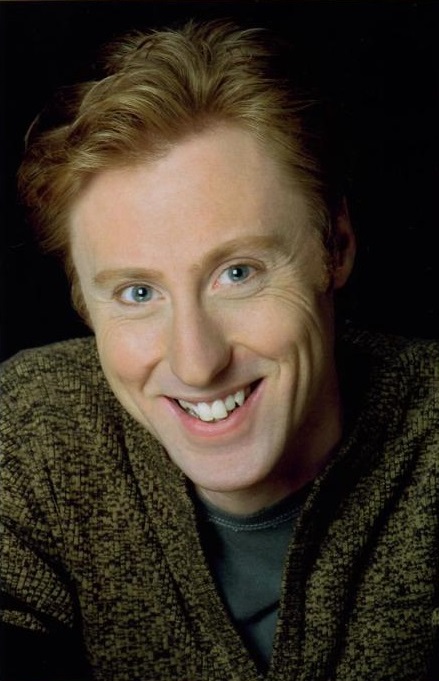 Comedy is hard. That’s a truism that’s been stated by actors since Shakespeare tugged on his first pair of tights. The Greeks probably said it first, but nobody understood it. After all, it was all Greek to them. See? I told you comedy is hard.
Comedy is hard. That’s a truism that’s been stated by actors since Shakespeare tugged on his first pair of tights. The Greeks probably said it first, but nobody understood it. After all, it was all Greek to them. See? I told you comedy is hard.
Everyone says it, but very few people actually believe it. Everybody thinks they can tell a joke, or be a clown, or just flat out be funny. And usually, they fail. But people still believe that funny is easy. Why? Because when people who are good at it do it, it LOOKS easy. It seems as if everything just flows from them with no effort. But that’s not the case. Comedy takes effort. A LOT of effort. I should know. I’ve been working at it for over 30 years, ever since I discovered that if I made kids laugh, they were less likely to hit me. But seriously, folks, I have been a student of comedy since a very young age, and what I love most about comedy is its structure and fragility.
Why, Andrew, what do you mean? I’m assuming you’re asking that, otherwise I have no impetus to write the rest of this blog. Comedy obviously has structure, regardless of what some bad late night sketch shows may try to make you believe. There’s a rhythm, a melody, a tempo to comedy, just like there is to music. It’s all in the timing, as the saying goes. You watch a great comedian, a Robin Williams, for example, and his act seems to be a concert. You can groove to the comedy as if you were listening to really great jazz. Knowledge of that structure is paramount to understanding, and succeeding at, comedy. Without it, you’re a kid with no breath support spitting into a trumpet. The cat may think it’s found a new girlfriend, but nobody else is going to want to hear it.
But that structure is fragile. Ever hear someone tell a joke badly? Not a bad joke, but a good joke in a way that makes you not laugh? It’s so easy to go from killer joke to dying onstage. That sense of timing, the intuitive understanding of how to deliver comedy, it is like the barest of breaths. Breathe at the wrong moment, and you go from being Jonathan Winters to being Pauly Shore.
So obviously, since comedy is so hard, so fragile, so easy to screw up, I decided to write a show about it. Because hey, taking one’s own advice is so silly. Mostly because I wanted to get these ideas across to people, I wanted to remind them of the acts that came before us, the ones that underpinned what we laugh at today, and I wanted to hear a bunch of people sitting in a theatre laugh at me. Firstly, because I like having my ego stroked. But also because laughter, and comedy, has an amazing ability to soften hard truths and make things easier to take. And while “The History of Comedy” might not change the world, it will make your sides hurt. And if you’re not careful, you might just learn something.
Leave A Comment